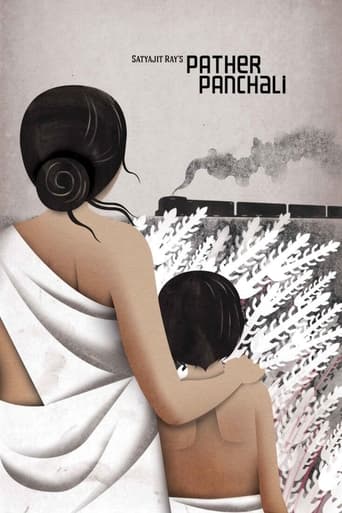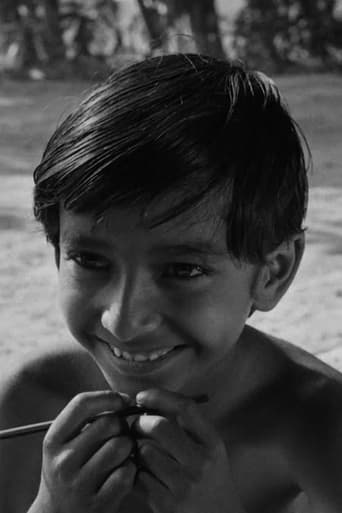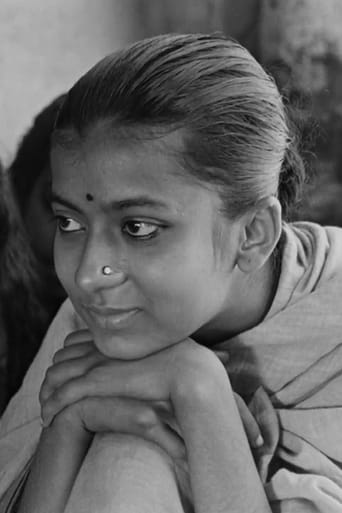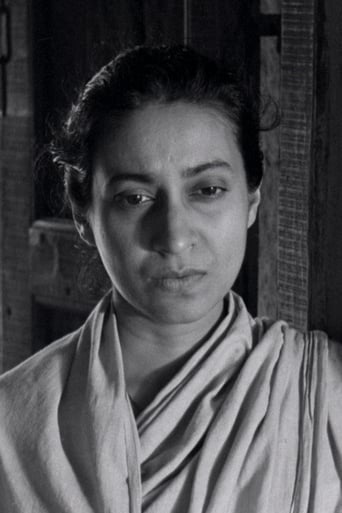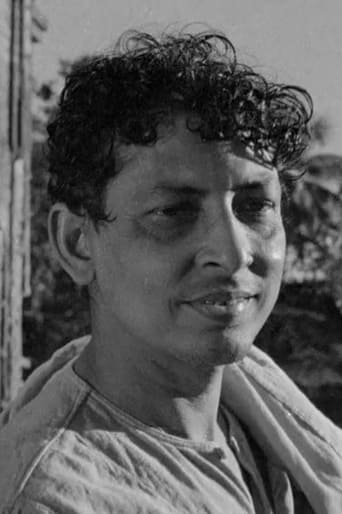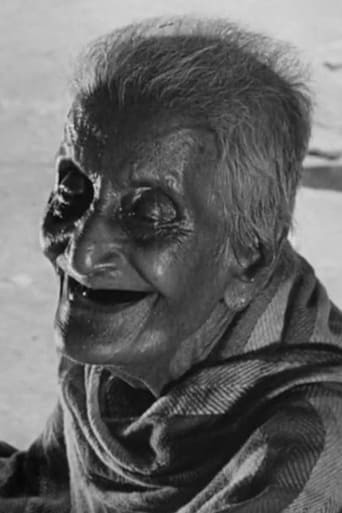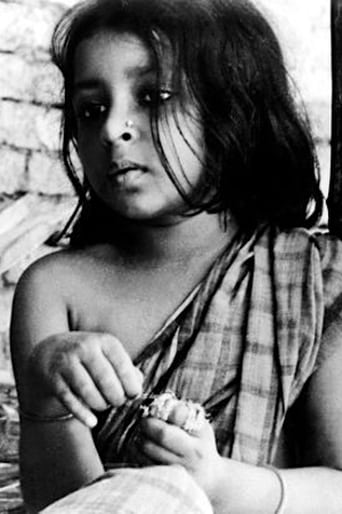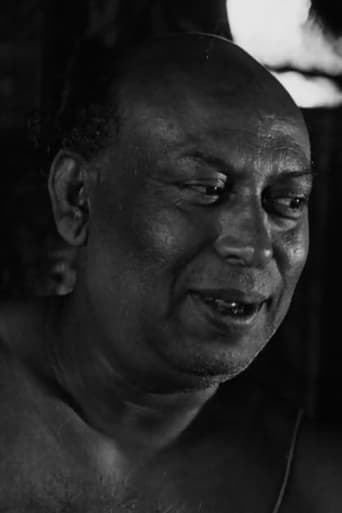Impoverished priest Harihar Ray, dreaming of a better life for himself and his family, leaves his rural Bengal village in search of work.
Similar titles
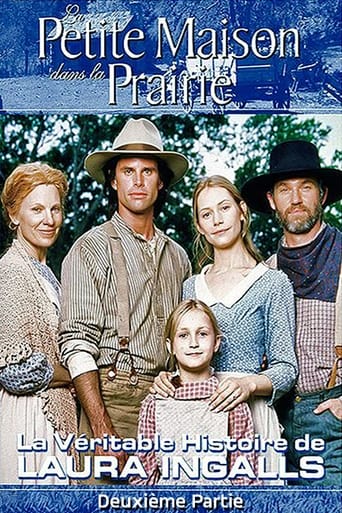

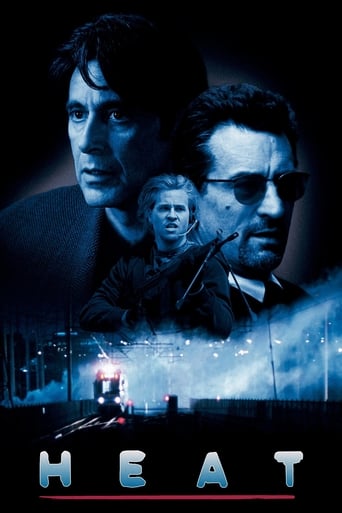
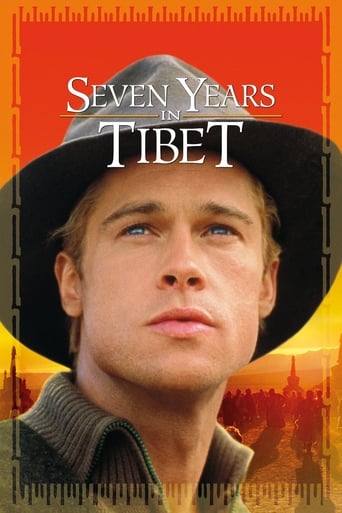
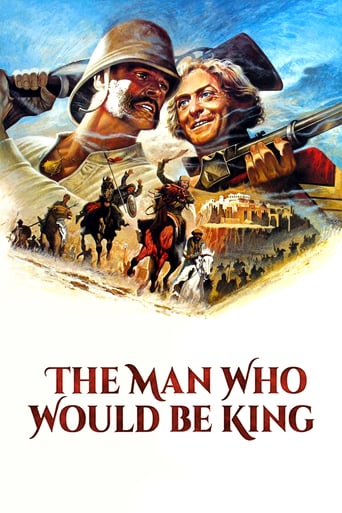
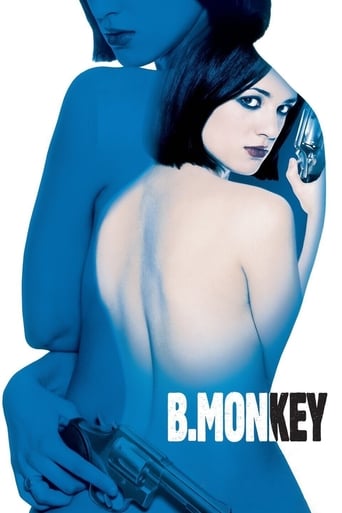
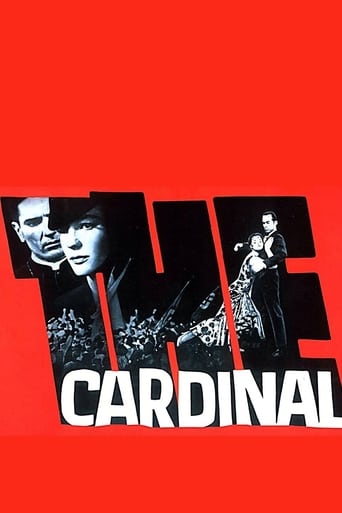
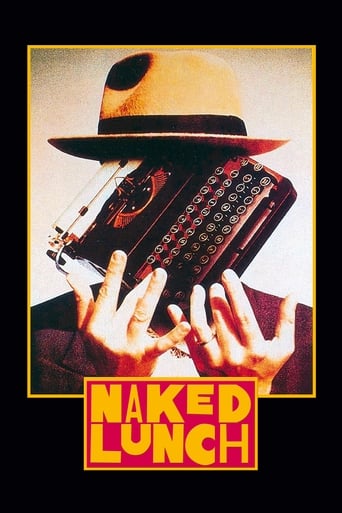
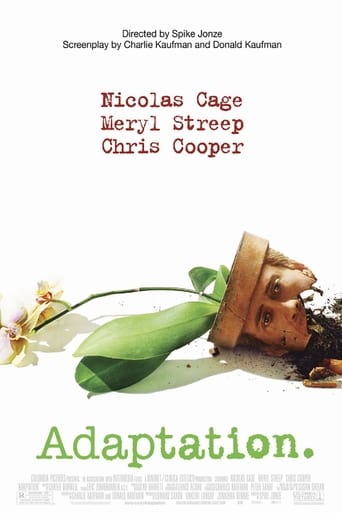
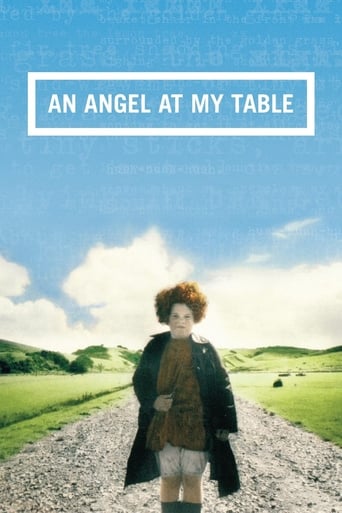
You May Also Like
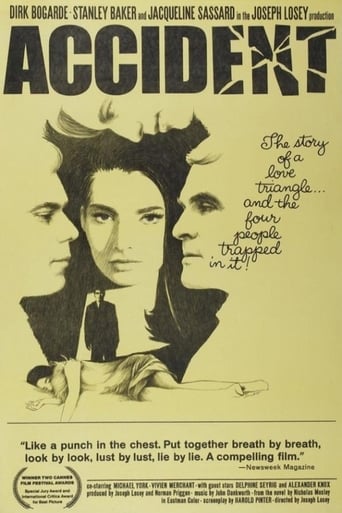
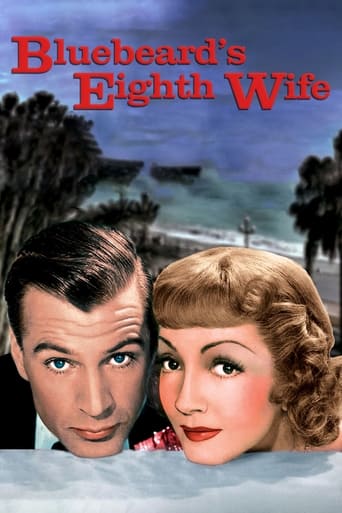
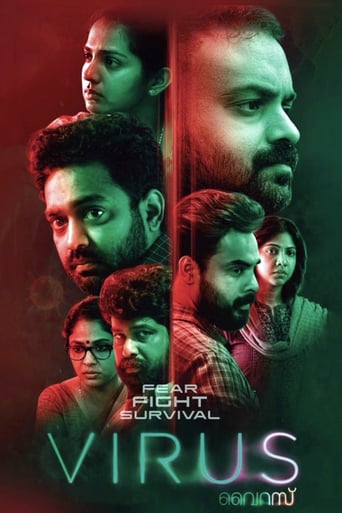
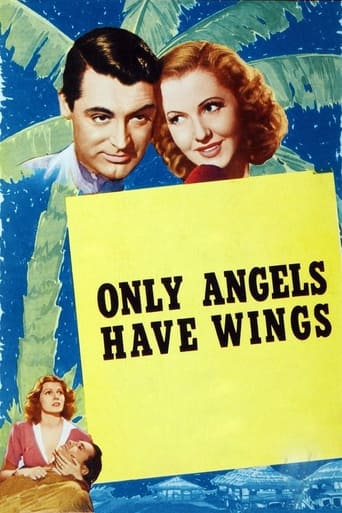
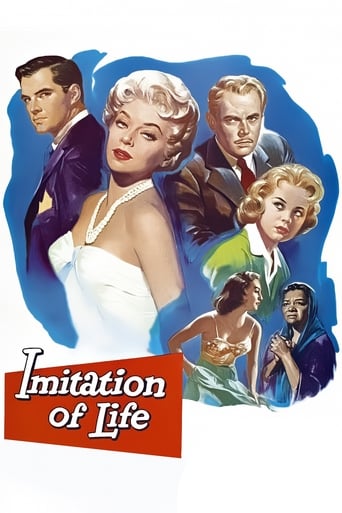
Reviews
Sorry, this movie sucks
Slow pace in the most part of the movie.
Highly Overrated But Still Good
It's a feast for the eyes. But what really makes this dramedy work is the acting.
For some reason, I kept looking at this movie like it said, "Panther Panchali". That seemed to make sense, seeing as how panthers are in India. I watched these movies out of order, like I tend to do. It doesn't really matter, because this was the first in the entire series. It is of course a great movie. It can be hard for me to follow movies with subtitles. It's even harder when there's no action. This is the problem that many movies have. Since countries around the world speak different languages, we're forced to have dumber films become more popular worldwide. I'm looking at you, Transformers. The best part of this movie is probably the down to earth nature. Everything is as realistic as it can be and I just love looking at cats.The basic plot is that Apu's father goes off to try to make money. We get a ton of little things going on. The aunt dies, his sister is accused of stealing beads, and many others. As a slice of life story, you can expect a lot of little things to go on. It seems like we rarely see depictions of poor families. It's from a different culture, but we can still relate and feel sorry for everybody. ****
Calling Satyajit Ray a genius is a mere understatement. Can someone believe that Pather Panchali is a debut for this creator? Pather Panchali, is truly a remarkable masterpiece that is carved with brilliant film making. It leaves us awestruck and scene by scene is a sculpture. I do not recollect when was the last time that I watched an Indian film that portrays reality to this extent. It's been almost 60 years since the release of Pather Panchali but no other movie can inch closer to this marvel. Epic performance from the entire cast. Editing was top notch, so was the cinematography. If you want to become a film maker, you don't have to go to a film school, just watch the trilogy. This movie is very precious for the Indian cinema and will be cherished forever.
Notwithstanding the emphasis given to the character Apu in the title of "The Apu Trilogy," this first movie of that trilogy really seems to be about his mother, Sarbojaya Ray, who is so beset by grinding poverty that she has a hard time being nice to her family. Her elderly cousin, Indir, whom the family calls "Auntie," is a poor old woman who can barely see or walk, and Sarbojaya treats her miserably, eventually driving her away and forcing her to die alone in the woods. The woman's husband, Harihar Ray, comes across as a slacker and a dreamer (he thinks he can make money by writing plays), but maybe he is just a victim of the caste system. Her daughter, Durga, is a thief, but she is likable. Finally, there is Apu, who will play a larger role in the sequels. After his sister dies, Apu destroys something she stole so no one will know, even though everyone really knows anyway. While the husband is away for months without sending money, a storm hits and destroys their house, because he never got around to making the needed repairs. This forces them to move to the city, where we doubt that things will get any better.
For twenty whole years of my life I lived in ignorance without having seen the sun or the moon but today I have finally seen the Ray and I feel holy and blessed now. Akira Kurusawa, the man behind Japanese classics like Rashomon and Ran rightly said years ago that living in a world without having seen a Satyajit Ray film is similar to living without having seen the sun or moon; almost every film I've watched feels effete after living in Ray's world. It is a transcending experience watching the late Bengali director's debut effort Pather Panchali, one that deeply impacts the very core of your soul in a way that makes you feel afterwards as though you've lived two lives – one before having watched Pather Panchali and one after. It achieves the remarkable feat of invoking your senses to a higher state of consciousness; the experience watching Pather Panchali is similar to reading Leo Tolstoy's War and Peace or some of William Blake's or Emily Dickinson's finest achievements, or watching Meryl Streep's iconic turn as Sophie Zawistowski in Sophie's Choice. The feeling is so powerful that it took me more than an hour to get back to my original state; the hardest part for me was to return the DVD to the movie rental store because I knew the true worth of what I was holding. May god bless the guy who recognized Pather Panchali's worth years ago and preserved the original prints so the world today can have a chance to be transported to the precious little magical world of Apu, the film's protagonist. This little world is black and white to the outer eye, but the film is so richly filmed and composed that it colors our mind with the most exquisite palette. The opening credits, which wouldn't be understood by anyone who can't read Bengali, still captures the spirit of Pather Panchali though Ravi Shankar's playful, whimsical and yearning tabla beats and sitar strums; only Michael Danna could hypnotize us in 2012's Life of Pi with a similarly evocative score. Ray's world opens not with Apu or his sister Durga but with the film's most antagonistic character, the rancorous neighbor of Apu's family who's worshipping the tulsi plant early in the morning. Satyajit follows her as she notices Durga, the still-unborn Apu's sister, stealing fruits from her courtyard. Durga runs along the woods to her shanty home and hands the fruits to her senescent grandaunt Indir Thakrun after keeping milk for her three little cats. Ray then cuts back to the nagging neighbor who is berating Durga and cursing her family for raising a thief; in an excellently composed sequence, Ray is able to seamlessly capture her, the lady listening in the next house balcony listening to her and Durga's pregnant mother Sarbajaya and her empathic friend collecting water from the well behind the neighbor's house, well within earshot of the woman's bitter rant. Sarbajaya confronts her daughter for stealing fruits and then berates Indir Thakrun for encouraging Durga's bad behavior. Indir Thakrun leaves the house temporarily, frustrated by Sarbajaya's nagging, but returns soon as Sarbajaya gives birth to Apu. A couple of dissolves then takes us some years ahead and we see Apu now as an innocent school-going kid who's most fond of his sister Durga. His family is barely able to fulfill their basic needs, with Apu's soft- mannered father Harihar Roy being too lax about asking his dues from his employer; he is neither able to make much as a playwright. This situation makes it especially tough for Sarbajaya to manage the household needs as she herself doesn't like begging others for monetary or any other help; she therefore is all the more harsh on Indir Thakrun, who sometimes like Durga is wont to taking food items from Sarbajaya's kitchen without permission. There are two sequences at different points in the film which include Harihar and Sarbajaya; both retain the same posture in the sequences but while in the first sequence, Harihar gives a more optimistic image to Sarbajaya to pacify her, in the second he sounds less enthusiastic while Sarbajaya looks more worried for their future. Apu is still too young to be affected by the family problems and we only see him enjoying his childhood days with Durga and his friends. Durga is extremely supportive of everybody including her mother, who reacts violently towards Durga when same neighbor in the beginning accuses Durga of stealing her daughter's beaded necklace. The family's problems persist after Harihar travels to nearby city to find work and tragedies strike one after the other; the family's only hope, as told by Harihar in his letters to Sarbajaya after leaving, is to leave everything to God's Grace keeping in mind that everything happens for the better. To Satyajit Ray, every image and every sound, both on-screen and off- screen matter. It's his craftsmanship as a movie visionary that segues the film so well that you are bemused to hear that it's his debut film. I've read one of his books, a compilation of his essays and theories on film, and he mentions how his inexperienced crew hadn't even operated a camera before filming Pather Panchali and so the first half was a little choppy in editing. I don't have any clue what he's talking here because to my eyes, every image was seamlessly stitched together. To me he didn't capture images but rather created images on film; it's difficult to express just how wonderfully he captures Sarbajaya's gradual breakdown in the film without using superlatives. And his genius picture is complemented by Ravi Shankar's background score, which includes sound of bells that ring during a cheerful sequence with a candy man and also during some of the haunting moments; it reminded me of Edgar Allan Poe's brilliant poem The Bells. Pather Panchali is scintillating, and Satyajit is the Ray of Light.
Top Streaming Movies












